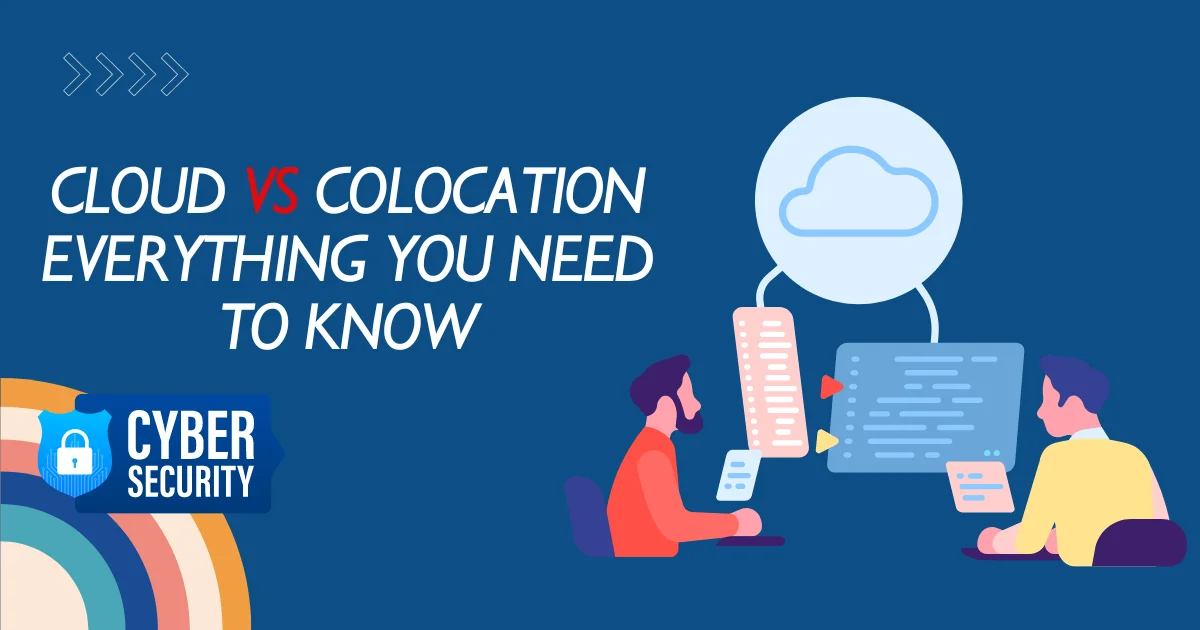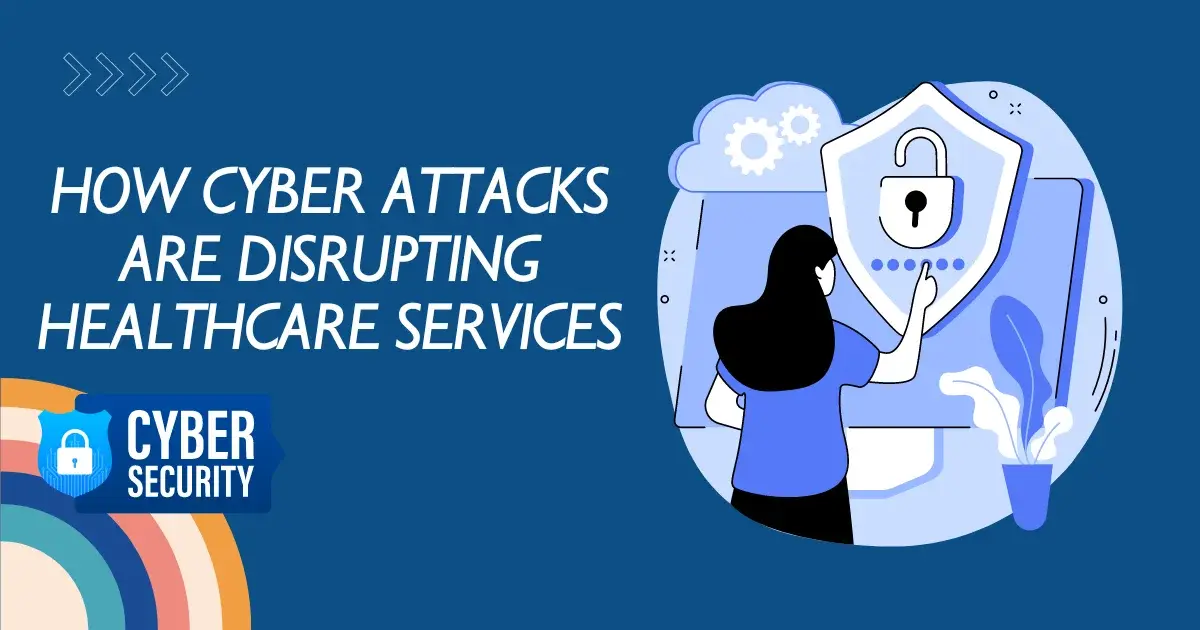Introduction to Managed IT Services: Exploring the Basics & Benefits
Table of Contents
Toggle- December 07, 2023
As per the U.S. Chamber of Commerce, an overwhelming 93% of small businesses rely on at least one technology platform, which has proven to be a lifeline during recent economic hardships, according to 86% of these businesses.
Moreover, Based on Insight’s study, 55% of surveyed small and medium-sized businesses perceive their existing technology as a barrier to innovation, which is far from ideal. Your technology infrastructure should serve as a catalyst for growth, streamlining operations, and enhancing productivity. What could be causing these challenges?
Numerous factors contribute to this scenario, with two prevalent issues being the absence of proper IT planning and support and reliance on outdated software and hardware.
By partnering with Advanced IT Services, a reputable provider of MSP services in Chicago, not only can these obstacles be overcome, but your business in Chicago City can also leap forward, embracing new opportunities and achieving substantial progress.
What is Managed IT Services?
Managed IT services entail entrusting the IT operations of an organization to a specialized third-party entity known as Managed Service Provider (MSPs).
These knowledgeable external organizations take charge of overseeing the entirety of IT operations for the organization. Their services include security measures, data backups, round-the-clock monitoring, and responsive support.
In certain cases, organizations may also rely on Managed Service Providers to offer virtual devices like servers, networks, desktops, and storage systems.
Why is the Demand for MSP Services Growing in Chicago?
The demand for MSP services in Chicago has skyrocketed as organizations in the city understand the importance of relying on managed IT services providers to handle their business operations and processes. This enables them to focus on enhancing productivity and efficiency.
The growing demand for MSP Services Chicago is primarily attributed to several key factors:
- Escalating pressure on organizations to remain up-to-date with the latest technological advancements.
- The necessity to comply with regulatory standards related to technology usage.
Inadequate technical expertise within the organization’s internal team. - The rise in cyberattacks targeting organizations.
One of the primary advantages of managed IT services providers lies in their ability to offer valuable insights and expertise to companies at predictable monthly costs.
In contrast, hiring and training new internal staff, managing IT equipment, ensuring security, or deploying systems independently can lead to unexpected expenses.
MSP company addresses this challenge by breaking down costs into fixed monthly payments, thereby reducing substantial in-house expenditures for organizations.
Types of Managed IT Services
Managed services revolve around the delegation of IT functions, including security, hosting, and cloud computing, to external service providers. Among these services, hosting emerged as the most sought-after IT service outsourced by companies in 2020.
Following are some important types of Managed IT Services:
System Design and Upgrades
Managed Service Providers (MSP IT Services) collaborate closely with organizations, comprehending their distinct needs and striving to achieve their business objectives. They remain vigilant about emerging industry trends and technological advancements, ensuring regular upgrades are implemented to keep organizations at the forefront of their competitive landscape.
Network and System Monitoring
Network and system monitoring can be an arduous undertaking for organizations, consuming valuable time and resources. However, Managed Service Providers (MSPs) can assume this responsibility using advanced remote monitoring and management platforms. By doing so, organizations can divert their attention towards optimizing performance and minimizing losses, allowing them to prioritize other crucial aspects of their operations.
Security Management
MSP Services play a crucial role in safeguarding organizations against cyber attacks by offering essential security management services. This includes proactive measures such as regular software patching, maintenance, and comprehensive protection protocols.
Auditing and Compliance
Compliance can be a major source of stress for organizations lacking expertise in the field. MSP Company, well-versed in compliance standards, can alleviate this burden by assisting organizations in mitigating risks associated with client data, payment information, documentation, and other sensitive data.
Backup and Disaster Recovery
MSP Services also prioritize the security and integrity of an organization’s data, guaranteeing the presence of robust backup systems and seamless data recovery processes in the face of potential disasters.
Benefits of Outsourcing IT Managed Services Providers
Managed IT services offer numerous advantages for businesses of all sizes, whether they are large corporations or small enterprises, startups, or well-established organizations. Utilizing managed services brings about various benefits, such as:
Enhanced Efficiency
Many IT departments are facing resource constraints, as their workload continues to increase. To alleviate this burden, organizations can consider leveraging managed service providers to outsource back-end functions or handle intricate, swiftly evolving technologies. By doing so, they can redirect their in-house technology experts towards projects that align with their core objectives, fostering innovation and advancement.
Higher Scalability & Agility
IT organizations often invest significant time and resources in deploying large-scale systems, sometimes taking months or even years to complete the process. However, a growing number of businesses have realized that a more efficient approach involves starting with smaller implementations and quickly adapting and expanding as needed.
Advanced IT managed services offer a modular approach that enables enterprises to easily scale their operations based on demand. For instance, a retailer can enhance its capacity during peak holiday seasons, while a startup can accommodate sudden growth effectively.
Addresses IT Staffing Challenges
Round-the-Clock Assistance
The traditional 9-to-5 workday is no longer relevant in today’s world, just like phone booths. As users now work around the clock, it is essential for the network to be available at all times.
By partnering with a managed services provider, you can ensure that assistance is readily accessible, regardless of the time of day, including weekends and holidays, to support users effectively.
Conclusion
In today’s digital landscape, the demand for IT managed services provider continues to grow, driven by the need for organizations to stay up-to-date with technology, comply with regulations, and protect against cyber threats.
Many company offer valuable expertise and predictable costs, allowing businesses to focus on productivity and efficiency. With a range of services, including system design and upgrades, network and system monitoring, security management, auditing and compliance, and backup and disaster recovery, businesses can benefit from enhanced efficiency, scalability, and agility.
Outsourcing IT functions also helps address staffing challenges and provides round-the-clock assistance to support users whenever they need it. By partnering with a managed services provider, organizations can overcome challenges, embrace new opportunities, and achieve substantial progress in their technological journey.





